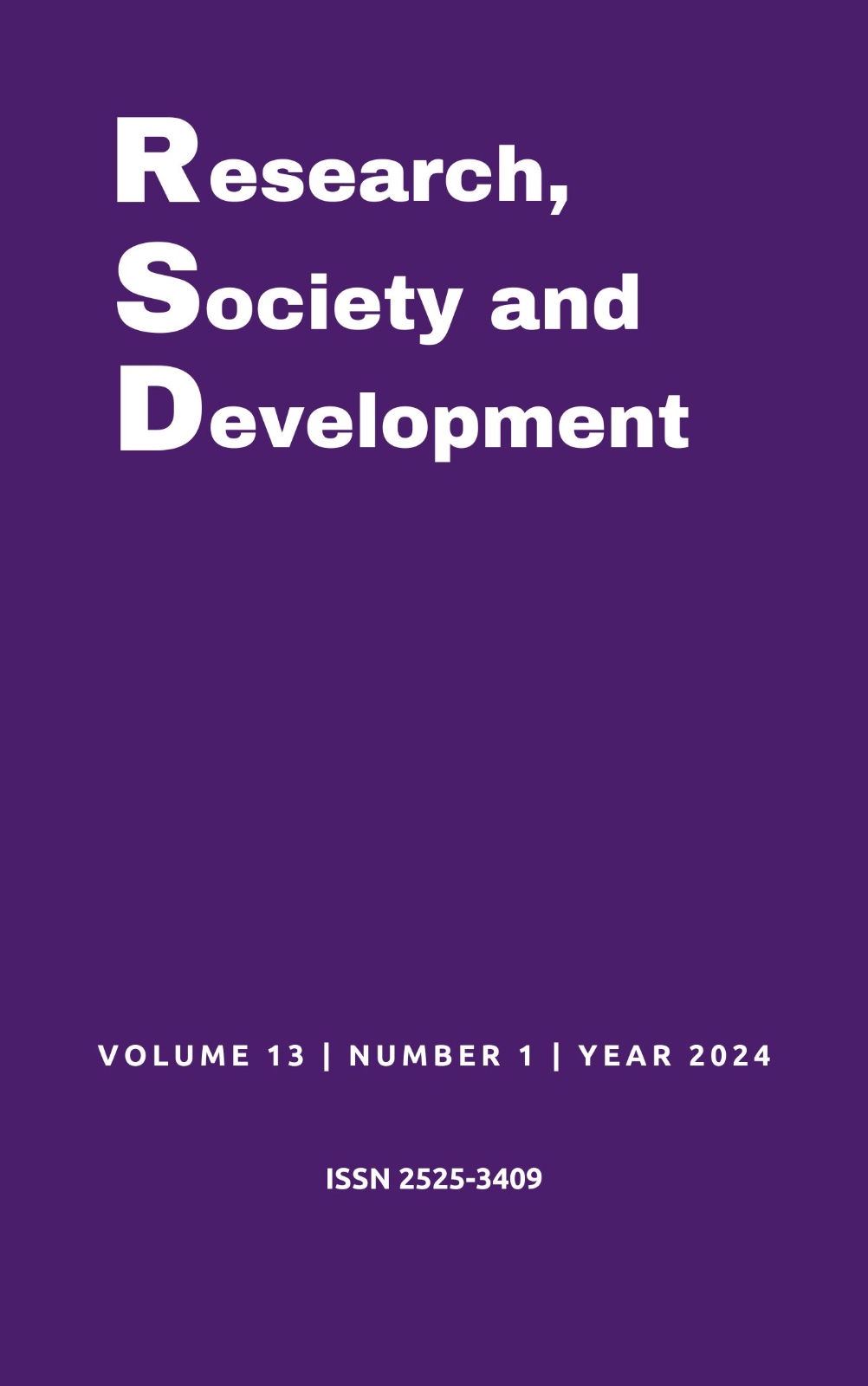El enfoque biográfico en la investigación educativa a través del barco de los significados imaginarios sociales
DOI:
https://doi.org/10.33448/rsd-v13i1.44857Palabras clave:
Investigación en educación, Biográfico, Capacitación.Resumen
La investigación biográfica es un enfoque metodológico que tiene como objetivo investigar y comprender la vida de un individuo de una manera profunda y holística. Este enfoque va más allá de los hechos cronológicos y los acontecimientos externos, buscando penetrar en las capas más íntimas de la experiencia de una persona. Al profundizar en narrativas, recuerdos y relatos personales, la investigación biográfica busca capturar la complejidad única de una vida, considerando influencias culturales, sociales y psicológicas. De esta manera, se discutirá el Enfoque Metodológico Biográfico, basado en los estudios de Marie-Christine Josso, con el propósito de contextualizar el dispositivo de investigación creado, titulado “Baraja de Significados Imaginarios Sociales”. El objetivo es dar a conocer la posibilidad de crear dispositivos de investigación para el área de educación y promover la discusión de temas como género y diversidad en la formación docente. Reflexionar sobre el entrelazamiento de la investigación biográfica y los caminos investigativos de la investigación en Educación.
Referencias
Bandeira, L. (2008). A contribuição da crítica feminista à ciência. Estudos Feministas, 16(1) 288.
Castoriadis, C. (1982). A instituição imaginária da sociedade. Tradução de Guy Reynaud revisão técnica de Luiz Roberto Salinas Fortes. Paz e Terra.
Castoriadis, C. (2002). As encruzilhadas do labirinto II – os domínios do homem. (2a ed.). Paz e Terra.
Castro, A. M. A., (2012). Egger, E. Alguns apontamentos sobre a epistemologia feminista. Sociais e Humanas, 25(2), 231-238.
Clandinin, D. J. (2015). Pesquisa narrativa: experiências e histórias na pesquisa qualitativa. /D. Jean Clandinin, F. Michael Connelly, tradução: Grupo de Pesquisa Narrativa e Educação de Professores ILEEL/UFU. (2a ed.). EDUFU.
Collins, P. H. (2019). Pensamento feminista negro: conhecimento, consciência e a política de empoderamento. Tradução Jamille Pinheiro Dias. Boitempo, 2019.
Curiel, O. (2020). Construindo metodologias feministas a partir do feminismo decolonial. In: Pensamento feminista hoje: perspectivas decoloniais / Organização e apresentação Heloisa Buarque de Hollanda, autoras Adriana Varejão [et al.]. Bazar do Tempo.
Dias, M. O. L. S. (1994). Novas subjetividades na pesquisa histórica feminista: uma hermenêutica das diferenças. Revista Estudos Feministas, 2(2), 373 – 382
Ferrara, J., & Carrizo, S. (2022). Caminhos para um feminismo de colonial. Cadernos Pagu, (62), 22-29.
Ferry, G. (2004). Pedagogia de la formación. Centro de Publicaciones Educativas y Material didático, 128p.
Josso, M-C. A (2010). experiência de vida de formação. Tradução de José Cláudio, Júlia Ferreira, revisão científica Maria da Conceição Passeggi, Marie-Christine Josso – (2a ed.). EDUFRN, Paulus, 2010. 341 p. – (Coleção Pesquisa (auto)biográfica & Educação. Série Clássicos das Histórias de Vida). p.33
Ketzer, P. (2017). Como pensar uma Epistemologia Feminista? Surgimento, repercussões e Problematizações. Argumentos, 9(18).
Paixão, M., & Eggert, E. (2011). A hermenêutica feminista como suporte para pesquisar a experiência das mulheres. In: Processos educativos no fazer artesanal de mulheres do Rio Grande do Sul [recurso eletrônico] / Edla Eggert, organizadora. EDUNISC.
Souto, M. (2007). El carácter de “artifício” Del dispositivo pedagógico em la formación para el trabajo. Facultad de Filosofia y Letras.
Souza, J. (2016). A ralé brasileira: quem é e como vive. Jessé Souza; colaboradores André Grillo ... [et al.]. (2a ed.). Editora UFMG.
Descargas
Publicado
Número
Sección
Licencia
Derechos de autor 2024 Gabriella Eldereti Machado; Valeska Maria Fortes de Oliveira

Esta obra está bajo una licencia internacional Creative Commons Atribución 4.0.
Los autores que publican en esta revista concuerdan con los siguientes términos:
1) Los autores mantienen los derechos de autor y conceden a la revista el derecho de primera publicación, con el trabajo simultáneamente licenciado bajo la Licencia Creative Commons Attribution que permite el compartir el trabajo con reconocimiento de la autoría y publicación inicial en esta revista.
2) Los autores tienen autorización para asumir contratos adicionales por separado, para distribución no exclusiva de la versión del trabajo publicada en esta revista (por ejemplo, publicar en repositorio institucional o como capítulo de libro), con reconocimiento de autoría y publicación inicial en esta revista.
3) Los autores tienen permiso y son estimulados a publicar y distribuir su trabajo en línea (por ejemplo, en repositorios institucionales o en su página personal) a cualquier punto antes o durante el proceso editorial, ya que esto puede generar cambios productivos, así como aumentar el impacto y la cita del trabajo publicado.


